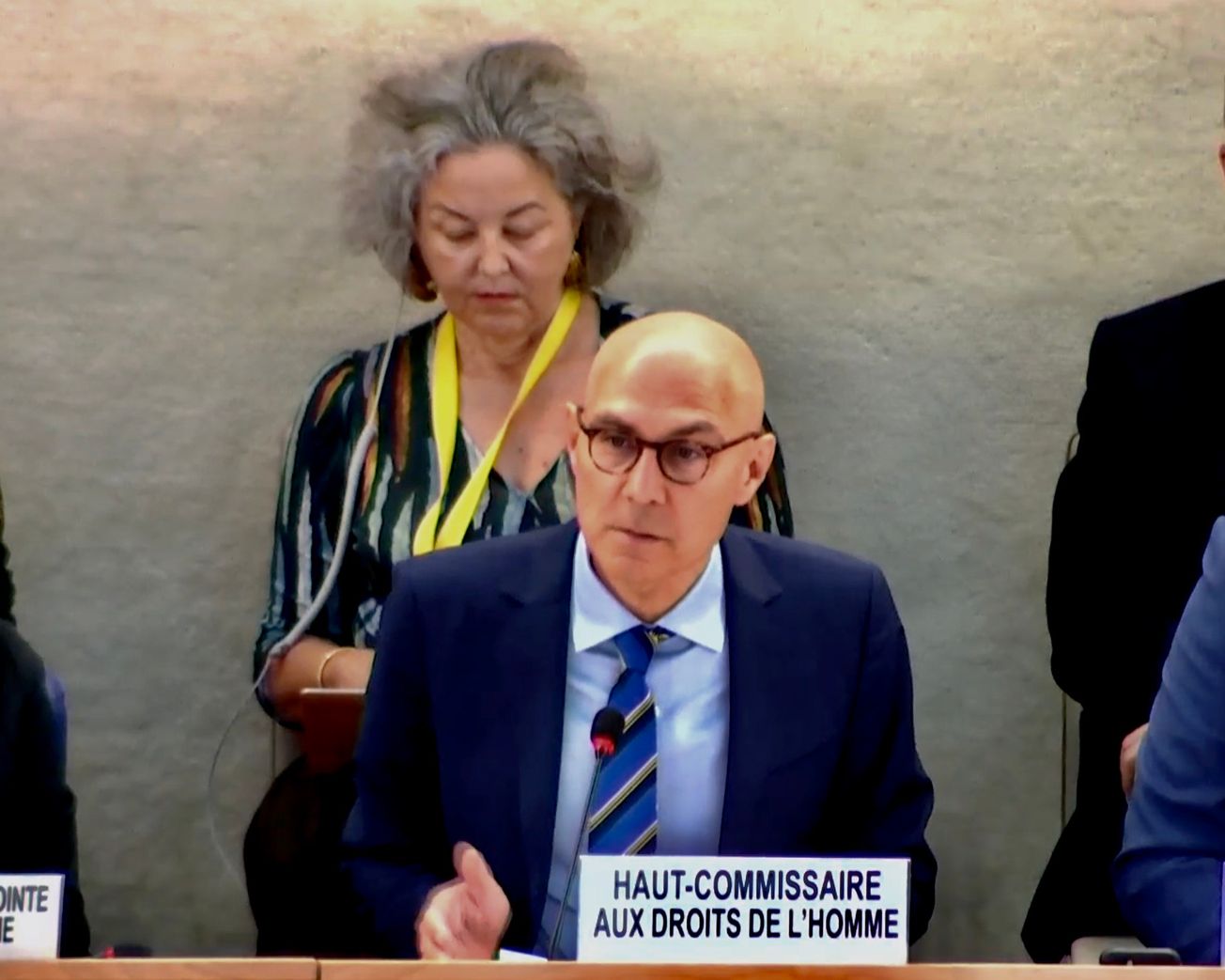GENEVA (AN) — Eighty percent of the U.N.'s member nations and regional groups aren't fulfilling obligations to turn over information about their human rights record – and half those owe reports more 10 years overdue.
In a global update, the head of the United Nations human rights office emphasized the need for more cooperation from all 193 member nations. Half of those host field offices for U.N. human rights personnel.









